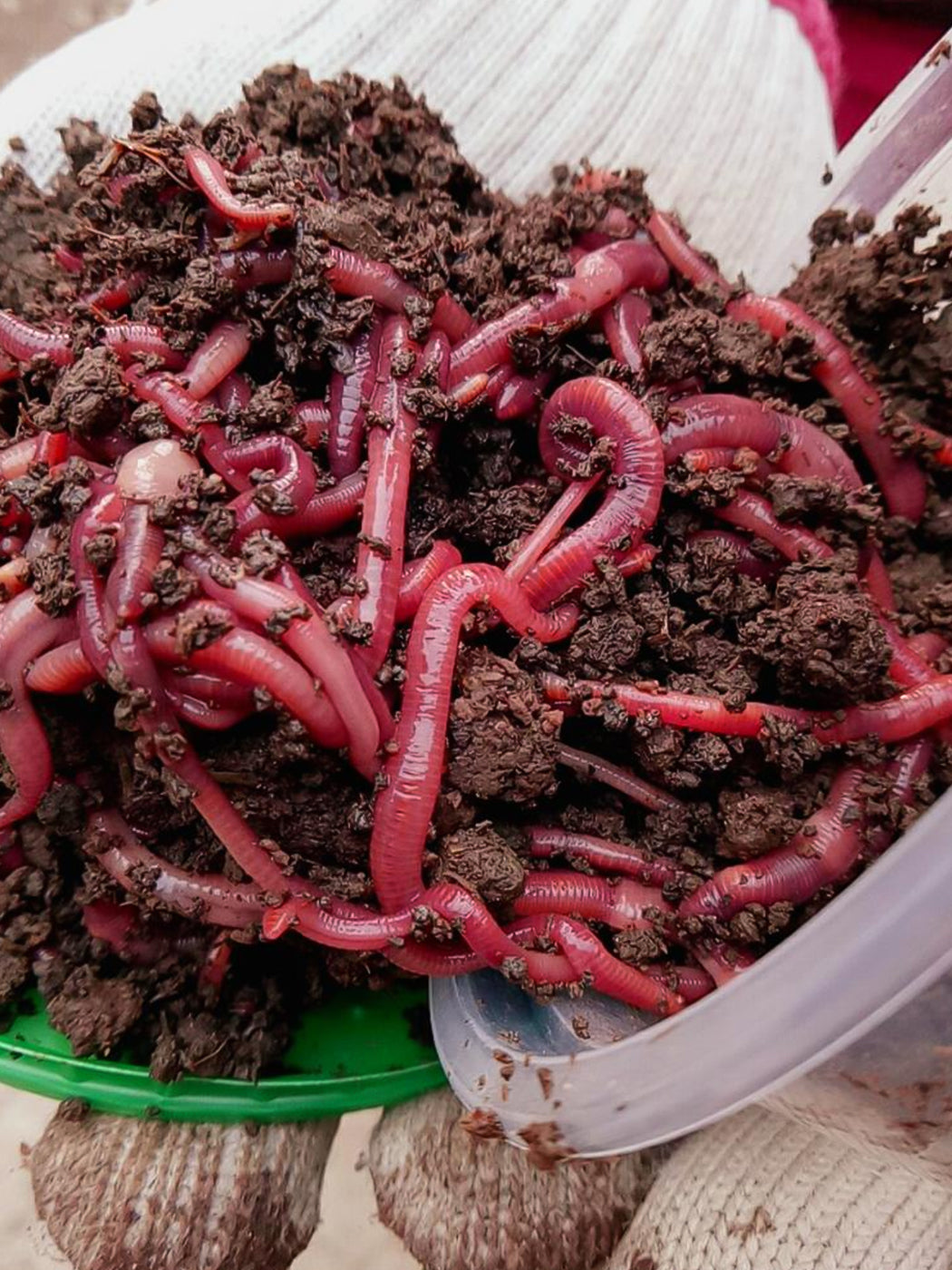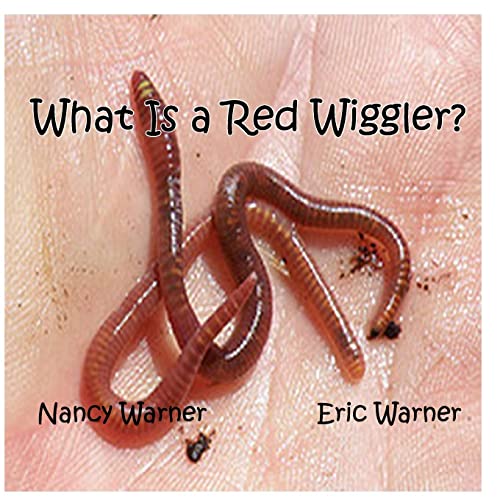Transform Your Lawn with the Expertise of Red Wiggler Express Lawn Care Specialists
Open the Keys of Red Wigglers: Your Overview to Composting Success
The integration of red wigglers right into composting practices provides a considerable chance for improving soil health and wellness and promoting sustainability. These organisms are not just reliable recyclers of natural waste; they use a myriad of advantages that can transform garden management. Understanding their needs and actions is vital for enhancing their capacity, from establishing a suitable worm bin to feeding them the best materials. As we explore the important elements of successful vermicomposting, one might ask yourself just how these little creatures can bring about an extra lively and efficient yard ecosystem.

What Are Red Wigglers?
(Lake Hickory Bait)Red wigglers, medically called Eisenia fetida, are a species of earthworm largely used in composting due to their impressive capability to decompose organic matter successfully. These worms are characterized by their reddish-brown pigmentation and a segmented body, commonly determining in between 3 to 4 inches in length. Unlike other earthworm varieties, red wigglers flourish in abundant, organic settings, making them perfect for vermicomposting systems.
Belonging To North America, they are usually discovered in decaying fallen leaves and compost heap, where they play a crucial function in nutrient recycling. Their adjustment to living in a damp, cardio setting enables them to take in huge quantities of organic waste, simplifying into nutrient-rich spreadings that boost dirt health.
Red wigglers duplicate rapidly, with a single worm with the ability of creating numerous cocoons each week, each having several hatchlings. This fast recreation price contributes to their performance in composting procedures. They favor temperatures between 60 ° F and 80 ° F, and their task degree increases dramatically within this array, further helping in the decomposition process. Recognizing the biology and actions of red wigglers is important for maximizing their capacity in composting applications.
Advantages of Utilizing Red Wigglers
Using the power of red wigglers in composting supplies countless advantages that boost dirt health and wellness and advertise sustainable waste administration. These amazing organisms efficiently damage down organic issue, changing cooking area scraps and yard waste into nutrient-rich vermicompost. This ended up item is remarkably valuable for plant development, as it enhances soil structure, enhances moisture retention, and boosts vitamins and mineral accessibility.

(Red Wiggler Express)In addition, the presence of red wigglers in your composting system can accelerate the composting procedure, producing top notch garden compost in a fraction of the moment special info compared to typical techniques. The spreadings created by these worms are also including advantageous microbes that additionally enrich the dirt ecosystem.
Establishing Up Your Worm Bin
Creating an efficient worm container is a straightforward procedure that can significantly boost your composting efforts. The primary step is selecting an ideal container. Worm bins can be made from plastic storage bins, wood boxes, or commercially available worm bins. Make certain the bin has appropriate drainage and ventilation openings to keep optimal wetness degrees and airflow.
Following, prepare the bed linens material, which serves as the worms' habitat. A mix of shredded newspaper, cardboard, and coconut coir works well, providing a comfortable atmosphere for the worms.

Feeding Your Red Wigglers
To ensure the wellness and efficiency of your red wigglers, it is vital to provide them with a well balanced diet plan that meets their dietary needs. Red wigglers prosper on a varied range of organic products, which not only provide required nutrients however also advertise efficient composting.
Beginning by integrating kitchen scraps such as veggie peels, fruit cores, and coffee grounds. Prevent citrus fruits, onions, and garlic, as these can be detrimental to worm health and wellness. Additionally, present shredded paper, cardboard, and completely dry leaves to create a well-aerated environment.
Feeding regularity must be kept an eye on; generally, worms can take in half their body weight in food weekly. It is essential to stay clear of overfeeding, as excess food can lead to undesirable odors and attract bugs. An excellent practice is to include food in tiny amounts, enabling worms to refine it before introducing a lot more.
Keeping moisture levels is likewise vital; the bedding must be wet but not soggy. Be certain to regularly check the temperature and pH degrees of the container to make certain an optimal setting for your red wigglers, inevitably enhancing their composting effectiveness.
Harvesting and Utilizing Garden Compost
An effective composting procedure with red wigglers culminates in the abundant, dark garden compost known as vermicompost, which can dramatically boost dirt health and wellness and plant growth. Gathering this nutrient-dense material generally occurs every three to six months, depending on the dimension of your system and the amount of organic issue being refined.
To collect, carefully separate the compost from the worms and any undecomposed products. One efficient method involves relocating the materials of the container away and adding fresh bed linens and food to the vacant room, motivating the worms to migrate. After a couple of days, the garden compost can be gathered from the opposite side.
It is vital to make use of vermicompost properly to optimize its benefits. It can be utilized as a top dressing for yard beds, combined into potting dirt, or brewed right into a nutrient-rich liquid plant food referred to as "worm tea." This application technique helps to provide important nutrients straight to plant roots, advertising healthier development. By incorporating vermicompost right into your horticulture program, you not just recycle natural waste yet additionally produce a thriving ecological community that supports lasting horticulture practices.
Verdict
In summary, red wigglers offer as remarkable allies in composting efforts, transforming organic waste into nutrient-rich vermicompost. By understanding the optimal problems for their environment, feeding needs, and garden compost harvesting strategies, garden enthusiasts can boost dirt health and wellness and promote plant vitality.